The back-to-school season often brings a whirlwind of activities, adjustments, and for many moms, a pressing need to juggle responsibilities. Amidst all the planning and organizing, one crucial element often gets overlooked: sleep. Quality sleep is essential for maintaining energy and focus, not only for kids but for moms as well.
Understanding the Unique Sleep Challenges for Moms
Sleep isn't just about quantity; it's about quality. Throughout the night, we cycle between different sleep phases. REM and deep sleep are responsible for memory consolidation and physical rejuvenation. Interruptions, even minor ones, can cut these phases short, resulting in less restorative sleep. For moms, these interruptions can be frequent, whether due to a child's bad dream or the stress of the next day's tasks.
Additionally, the very stress of managing a household, particularly during the back-to-school season, can elevate cortisol levels, making it challenging to fall asleep or maintain deep sleep.
Factors Contributing to Sleep Deprivation during the Back-to-School Season

The transition from relaxed summer days to the structured rhythm of the school year can be jarring for both kids and their parents. This shift brings with it several challenges that can negatively impact sleep:
Adjustment to Early Morning Schedules: As school days begin, early morning alarms become the norm. This abrupt change from laid-back summer mornings requires both children and parents to reset their internal clocks. The body, especially if not gradually introduced to this new routine, might resist this early rise, leading to groggy mornings and fatigue-filled days.
Increased Mental Load: The onset of the school season brings a myriad of responsibilities. For moms, this might involve lunch planning, ensuring that nutrition is balanced and catering to the child's preferences. Then there's the annual ritual of school supply shopping – hunting for the best deals, making sure nothing's forgotten, and managing the budget.
Synchronizing Multiple Schedules: As schools reopen, so do various activities. From soccer practices to dance lessons, each family member might have a different itinerary. For mothers, synchronizing these schedules, ensuring everyone is where they need to be, and juggling their own professional or personal commitments can be mentally draining, often stretching late into the evening.
Homework and Study Time: While children might be the ones doing the homework, moms often find themselves involved, whether it's assisting with challenging subjects, overseeing projects, or simply providing a conducive environment for study. These additional evening hours can push bedtime further, eating into the much-needed rest.
Managing Extracurricular Commitments: Beyond academics, extracurricular activities play a significant role in a child's development. However, managing these – driving to classes, waiting for sessions to end, ensuring all necessary gear and equipment are ready – adds to a mom's daily to-do list. It's not just the physical act but the planning and anticipation of these activities that can lead to stress and reduced sleep.
Emotional Adjustments: Starting a new school year can be emotionally charged. There might be anxieties about new teachers, classmates, or academic challenges. Moms, attuned to their children's feelings, often shoulder these emotional burdens too, leading to nights where worries might keep sleep at bay.
The Impact of Sleep Deprivation on Health and Well-being

Skimping on sleep does more than just cause daytime fatigue. On a cognitive level, sleep deprivation affects memory, focus, and decision-making abilities. It's during deep sleep stages that the brain consolidates memories, and without sufficient rest, these processes can be hindered, leading to forgetfulness and impaired cognitive functions.
Physically, the repercussions of insufficient sleep are manifold. The risk of weight gain rises due to hormonal imbalances, particularly with ghrelin (the hunger hormone) and leptin (the satiety hormone). When these hormones are out of balance, the body craves calorie-dense foods, leading to potential overeating. Additionally, a weakened immune system due to lack of rest makes one more susceptible to common infections. Over the long term, chronic sleep deprivation increases the risk of diseases like diabetes, cardiovascular diseases, and even certain cancers.
The body's circadian rhythm, which is our internal body clock, plays a critical role in regulating sleep, hormones, body temperature, and various other physiological processes. Disruption in this rhythm, which can stem from irregular sleep patterns, has been linked to a myriad of health issues including metabolic problems, mood disorders, and even certain cancers. Maintaining a consistent sleep schedule is crucial for a healthy circadian rhythm. Without it, not only is the quality of sleep affected but the very processes that are governed by this rhythm can be thrown off-balance, creating a ripple effect of health issues.
Emotionally, sleep deprivation can lead to a host of problems. Mood swings become more frequent, with heightened feelings of irritability. Prolonged lack of sleep can also exacerbate stress, anxiety, and even lead to depression in certain individuals. The emotional toll makes handling daily challenges, especially for busy moms, even more taxing and overwhelming.
Practical Tips for Better Sleep

To manage the whirlwind of activities and responsibilities, particularly during the back-to-school season, prioritizing sleep becomes even more crucial. Here are some actionable tips for both moms and the entire family to achieve restorative rest:
Maintain a Consistent Sleep Schedule: While it may be tempting to sleep in during the weekends, consistency is key. By going to bed and waking up at the same time daily, you can establish a stable sleep-wake cycle, making mornings more manageable and nights more restful.
Prioritize a Wind-Down Routine: The hour or so before bedtime should be dedicated to relaxation. This means turning off electronic devices, dimming lights, and perhaps even reading a book or listening to calming music. Screens, especially those of smartphones and computers, emit blue light, which can disturb the body's natural sleep-wake cycle. Prioritizing this "unplug" time can make a significant difference.
Optimize Bedroom Environment: A conducive sleep environment can make or break the quality of one's rest. Ensure that the bedroom is dark, quiet, and cool. Consider blackout curtains, earplugs, or a white noise machine if necessary. The comfort of your mattress and pillows shouldn't be overlooked either. They play a pivotal role in ensuring an uninterrupted night's sleep.
Nutrition for Nourishing Sleep: What you eat can influence how you sleep. Foods rich in magnesium like almonds and calming beverages like chamomile tea can be beneficial. On the other hand, avoiding caffeine and large meals close to bedtime can prevent potential disturbances.
Seek Expert Guidance: If despite all efforts, quality sleep remains elusive, it might be time to seek expertise. Whether it's an undiagnosed sleep condition or the need for a personalized sleep strategy, services like those offered by Empower Sleep can provide invaluable insights and support. Leveraging their virtual tools and expertise, individuals can gain a clearer understanding of their sleep patterns and get actionable recommendations for improvement.
Remember, sleep is not just about quantity but also about quality. Implementing these tips can pave the way for more restful nights and energized days, making managing those bustling back-to-school schedules just a tad easier.
Leveraging Technology and Expertise for Better Sleep

Various technological tools can help moms decipher their sleep patterns. Devices such as Fitbit and apps like Sleep Cycle serve as windows into aspects of sleep like its duration, disturbances, and overall quality. These insights can be instrumental in pinpointing potential areas of concern.
However, while technology provides a wealth of information, interpreting this data in the context of one's overall health and lifestyle is equally important. This is where sleep specialists come into play. They possess the expertise to make sense of the data, identify underlying issues, and offer individualized solutions. If sleep deprivation persists despite best efforts, these professionals can guide individuals through comprehensive evaluations, ensuring that all aspects of one's sleep health are addressed].
Empower Sleep stands at the intersection of these two paradigms, combining cutting-edge technology with medical expertise to offer virtual, comprehensive sleep care. This harmonized approach not only provides a deeper understanding of one's sleep patterns but also ensures actionable, tailored solutions for optimal rest.
Be the Best Version of Yourself
The back-to-school season doesn't have to come at the expense of sleep. By understanding the challenges and proactively seeking solutions, moms can navigate this busy time with energy, focus, and resilience. Prioritizing sleep is not just about personal well-being—it's about providing the best version of oneself to family and daily responsibilities.
Sources:
- National Institute of Health, News in Health. “The Benefits of Slumber” (2013).
- The Sleep Foundation. “Stages of Sleep” (2023).
- National Library of Medicine. “Interactions between sleep, stress, and metabolism: From physiological to pathological conditions” (2015).
- National Library of Medicine. “Circadian Rhythms, Sleep Deprivation, and Human Performance” (2014).
- Department of Education. “Supporting Child and Student Social, Emotional Behavioral, and Mental Health Needs” (2021).
- National Institute of Health, News in Health. “Sleep On It” (2013).
- National Library of Medicine. “Sleep Duration as a Risk Factor for Cardiovascular Disease- a Review of the Recent Literature” (2010).
- The Sleep Foundation. “Circadian Rhythm” (2023).
- Harvard Health Publishing. “Blue Light Has a Dark Side” (2020).
- National Library of Medicine. “Your Pillow May Not Guarantee a Good Night's Sleep or Symptom-Free Waking” (2011).
- National Library of Medicine. “Wearable Sleep Technology in Clinical and Research Settings” (2019).




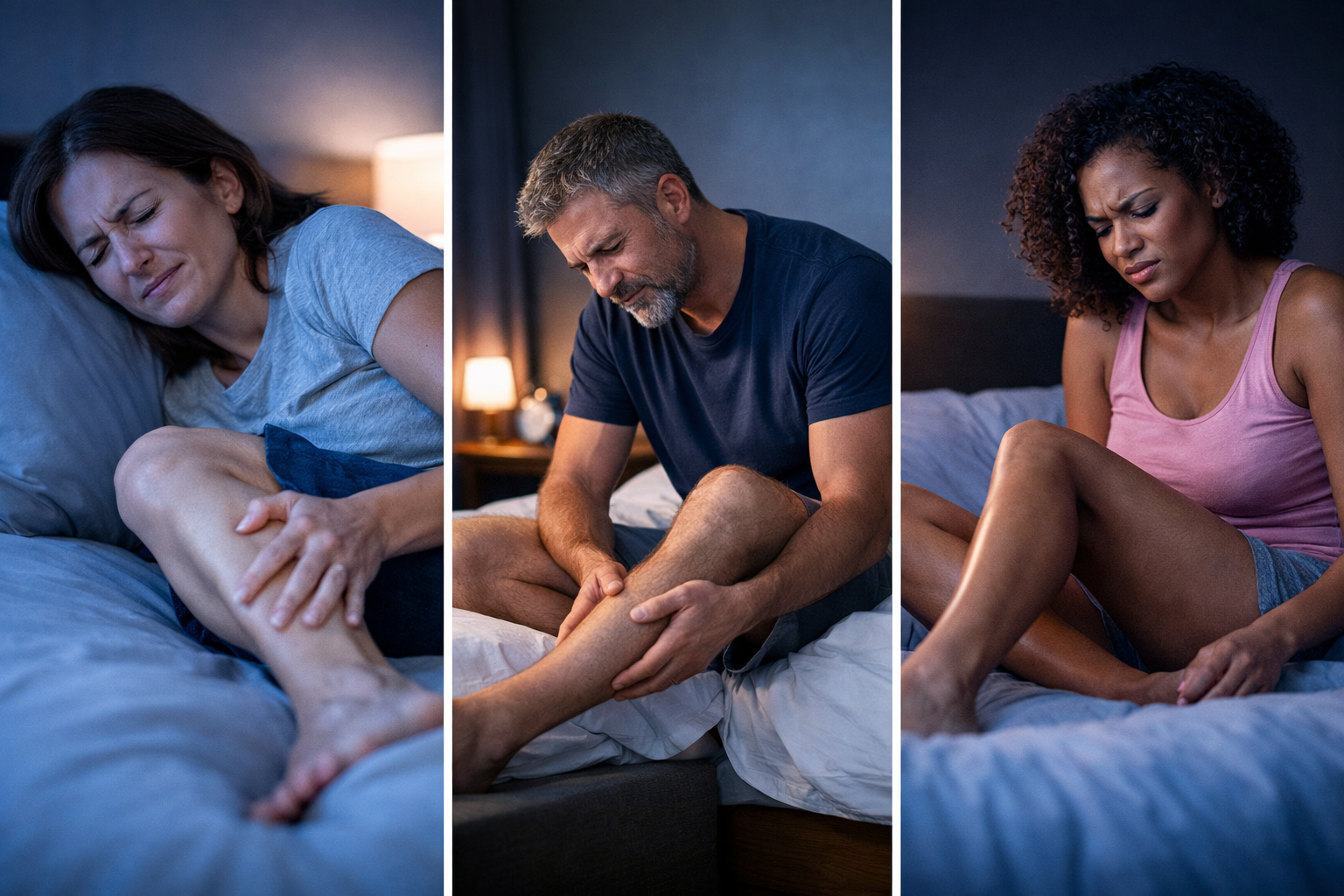



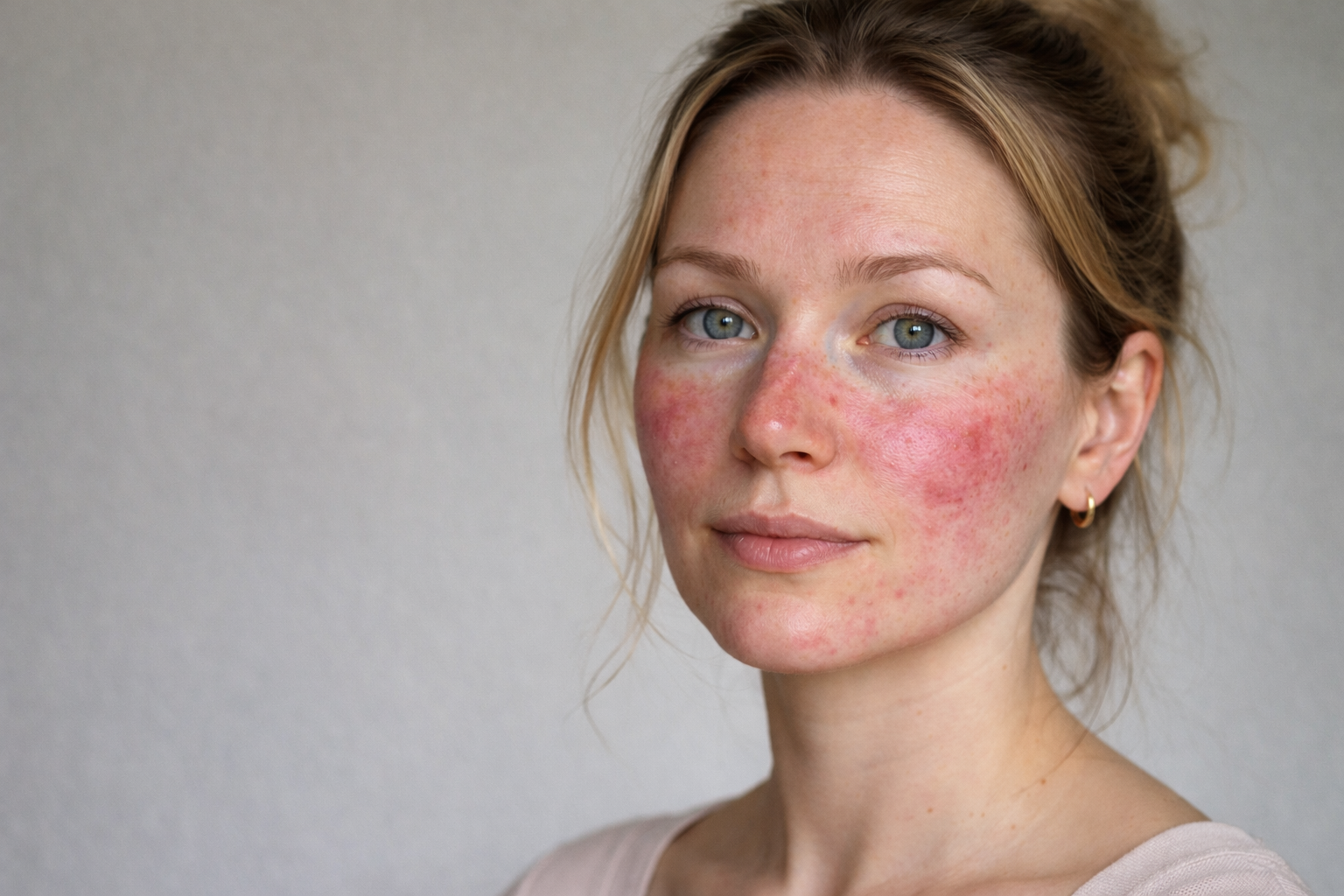


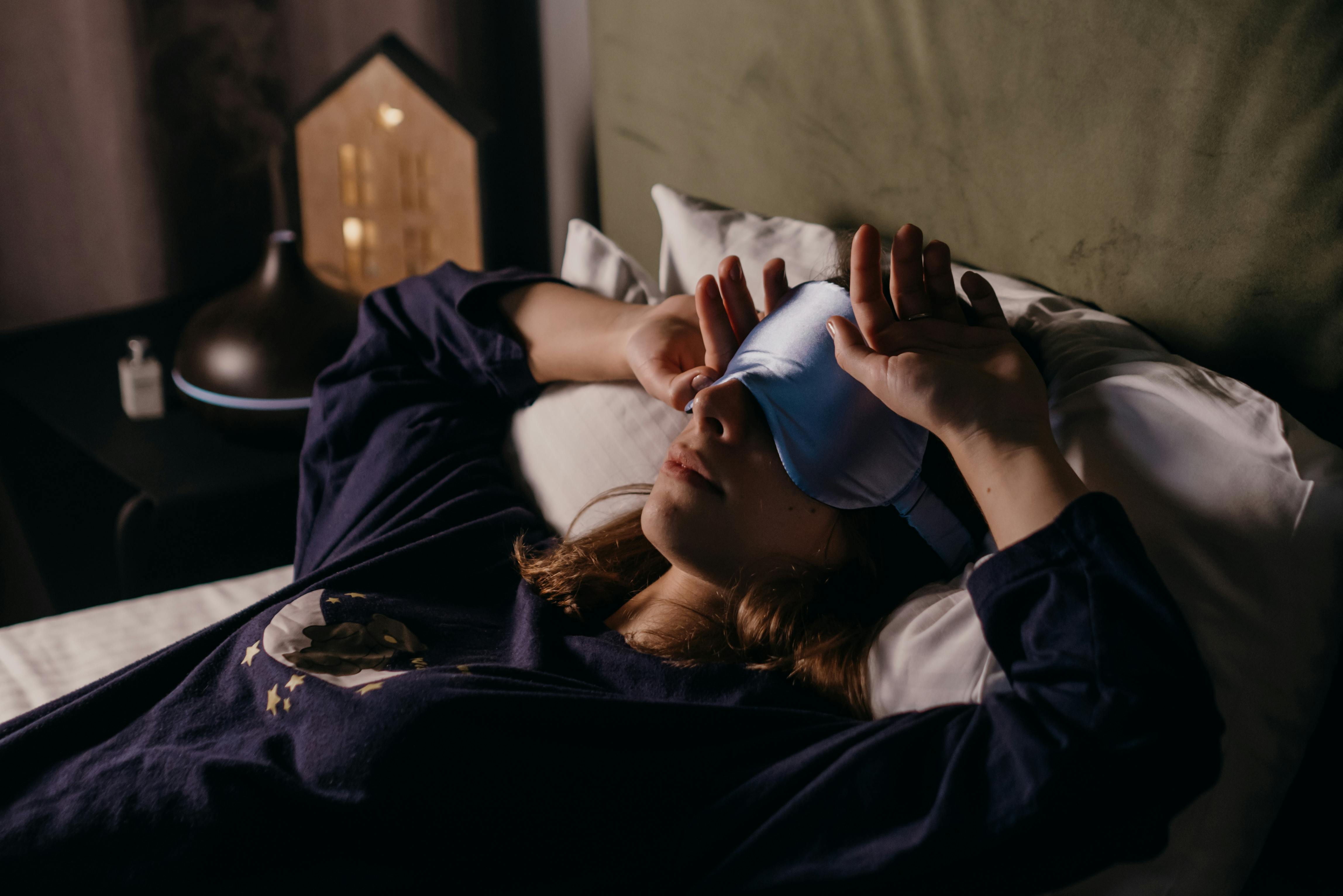

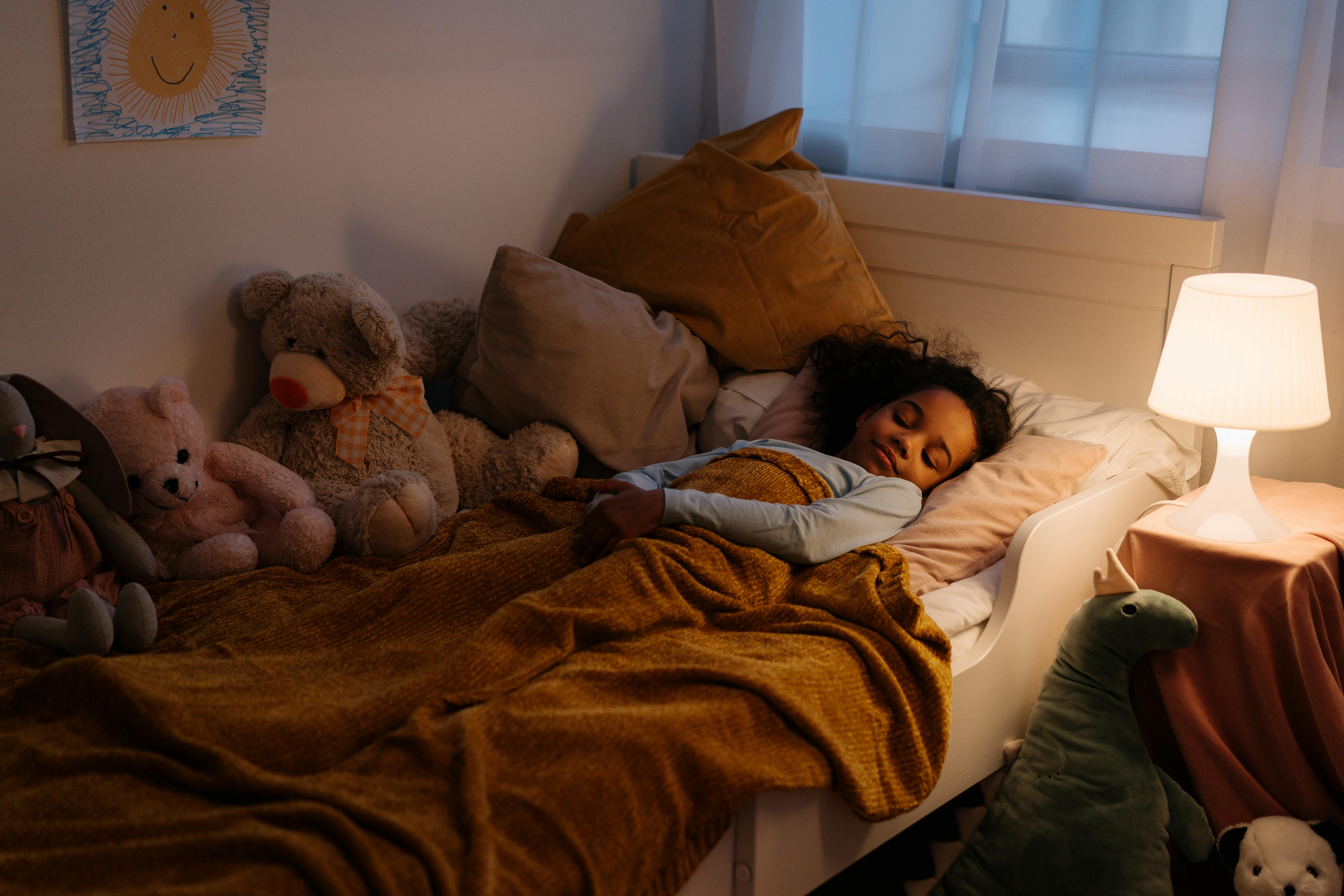


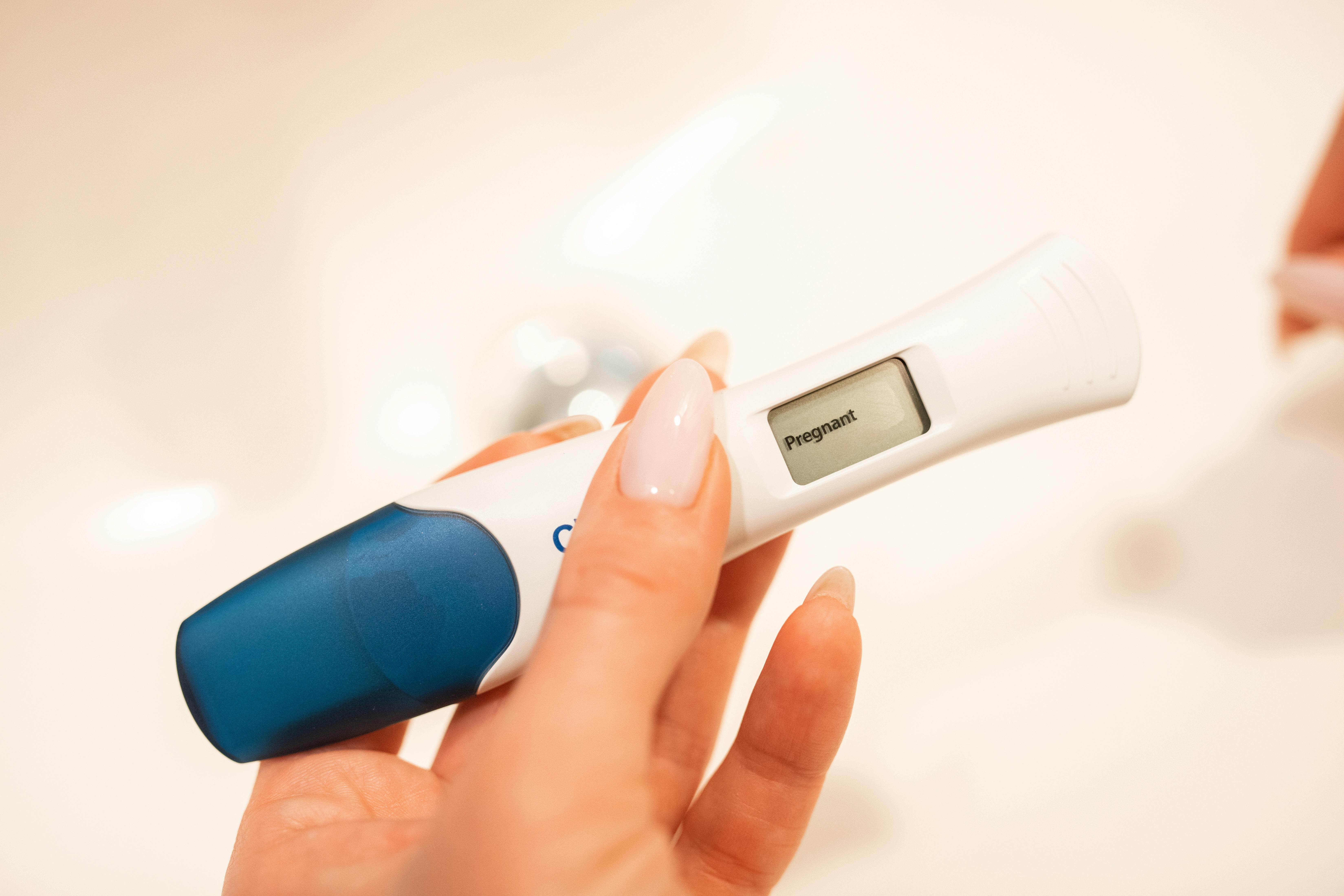





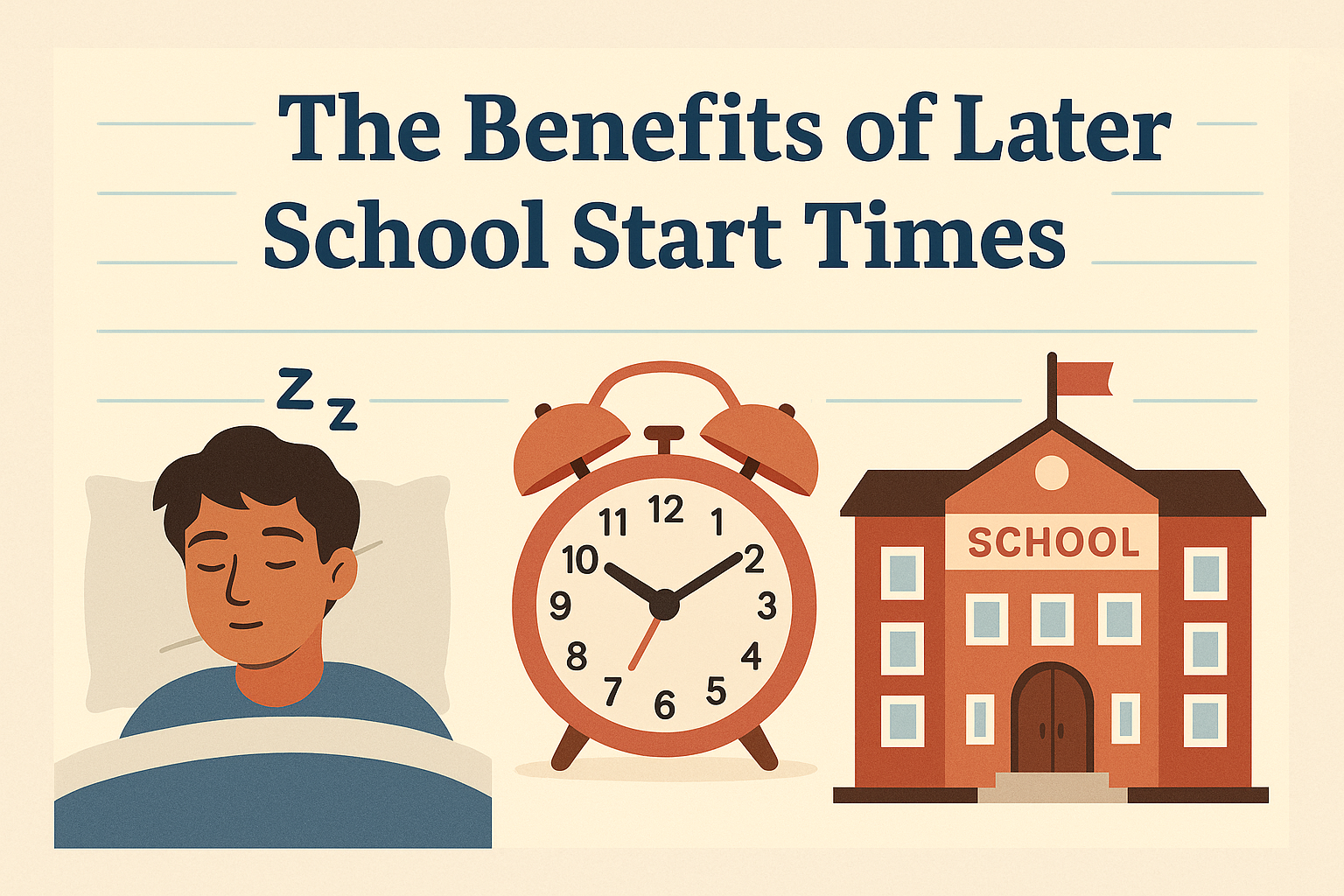

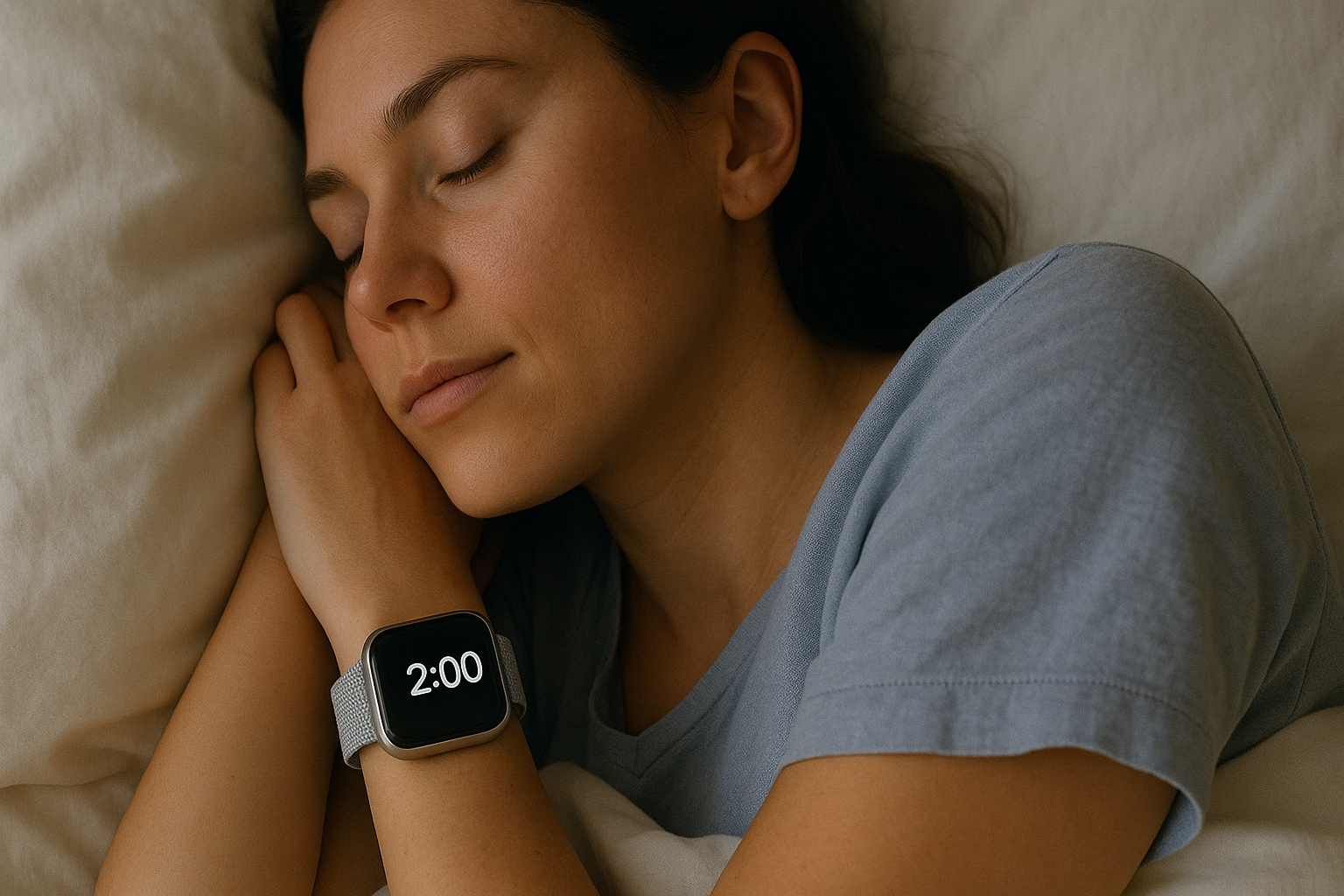


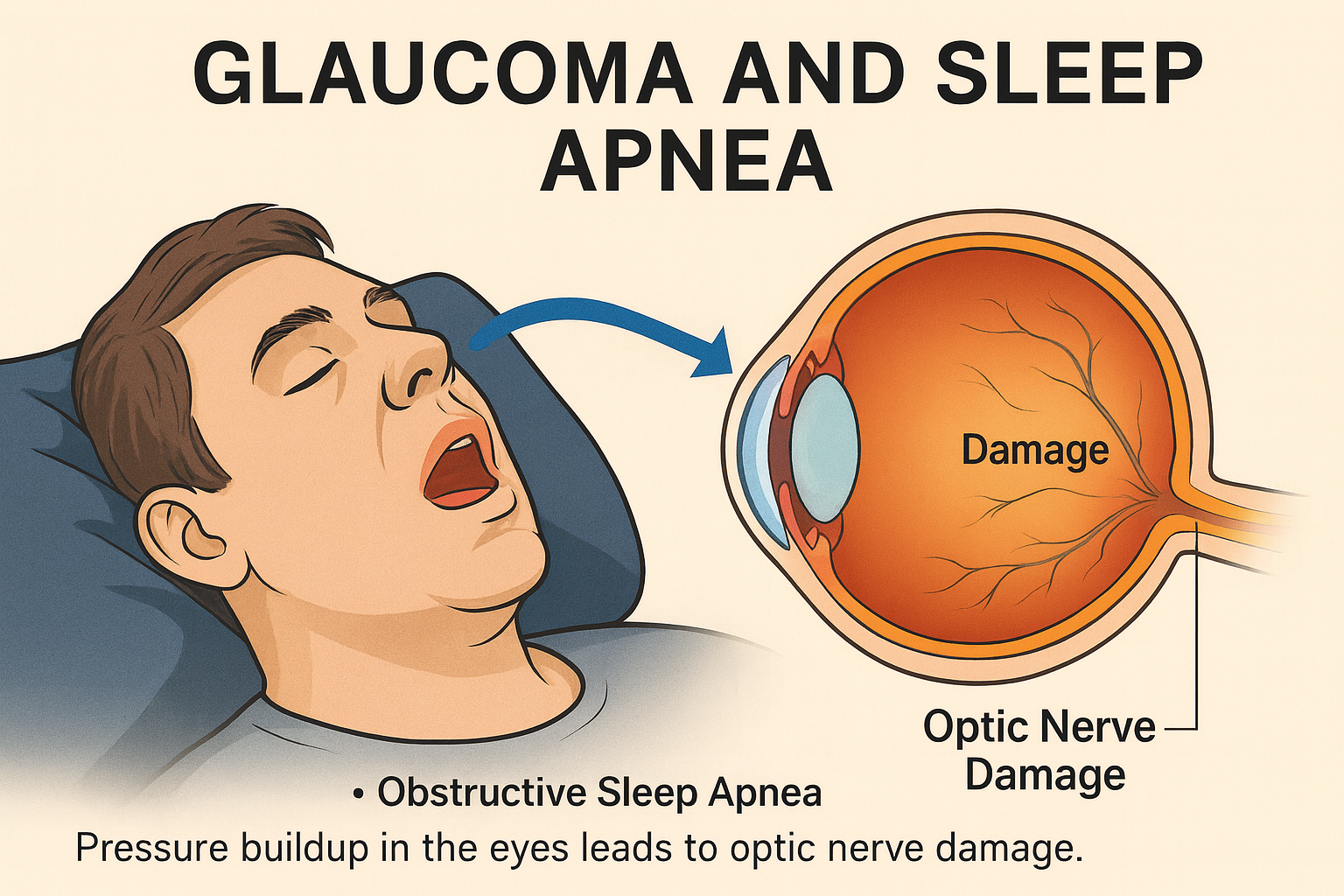

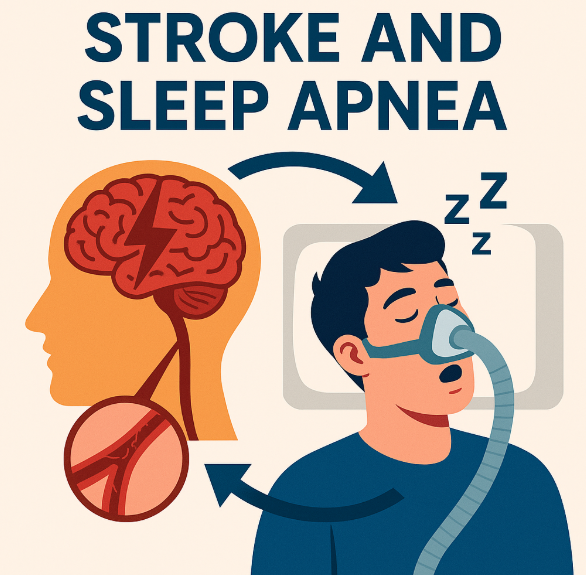
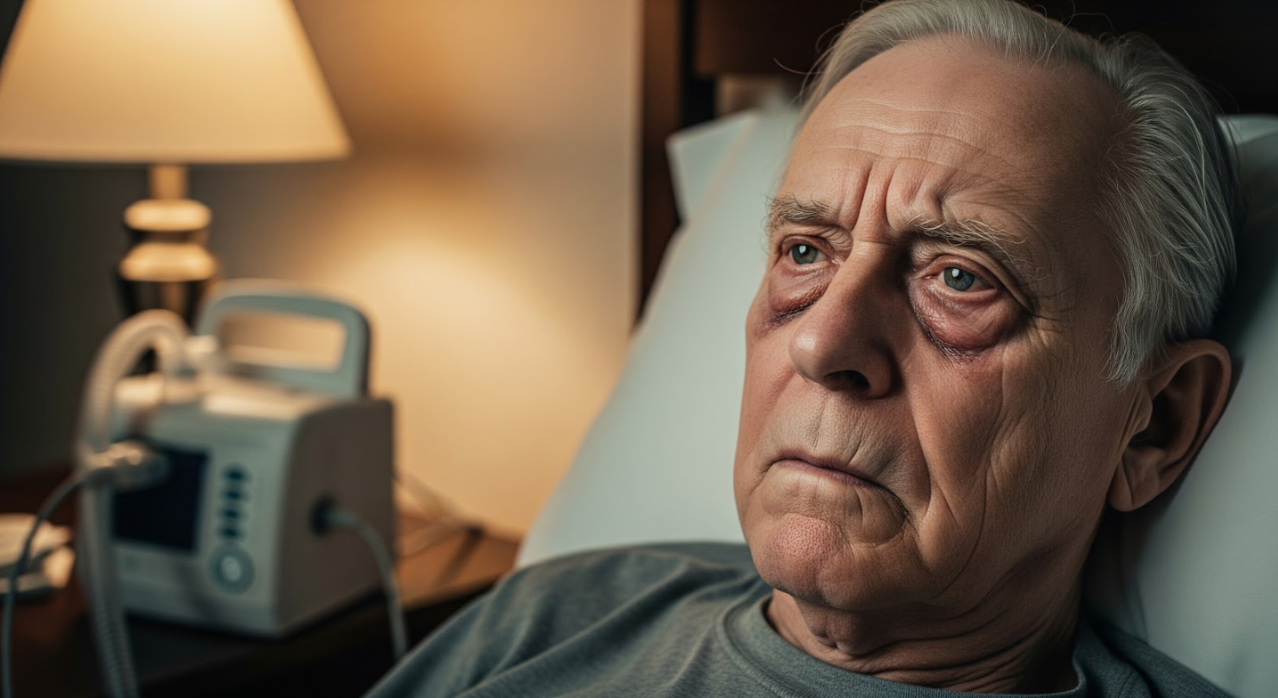
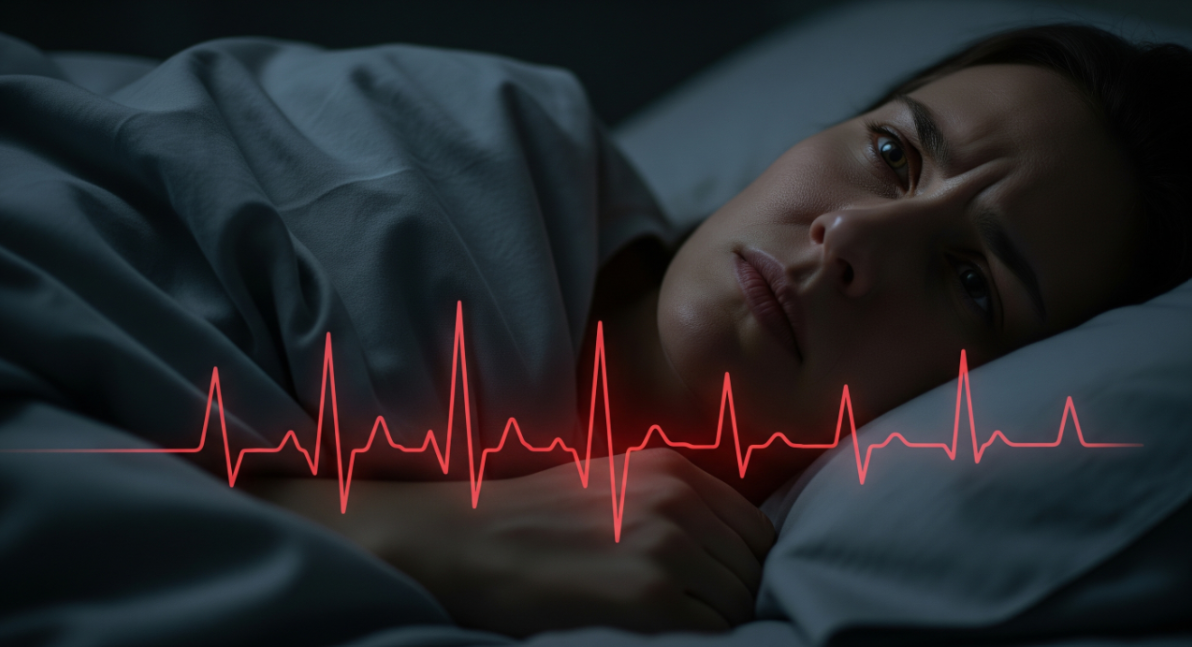






























































%20thumbnail.jpg)
.png)